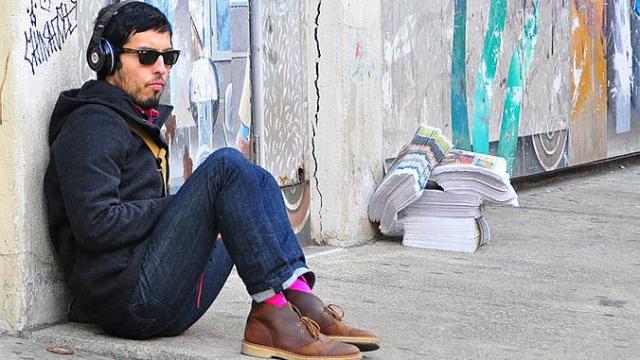It’s About Time a Bishop Was Indicted

As regular readers know, I’ve devoted considerable time to writing about the child-molestation scandal engulfing the Catholic church. The core of this story isn’t that there are child abusers within the ranks of the clergy, but that their superiors within the church have consistently enabled and protected them by hushing up their crimes, failing to report them to the authorities, and continually moving them to new parishes where they could prey upon new victims. As the saying goes, it’s not the crime, it’s the cover-up.
This is just what we should expect from an institution premised on hierarchy, secrecy, and unaccountability. The Catholic church still conceives of the relationship between itself and its parishioners as the relationship between a king and his subjects: the bishops and cardinals have complete power and make all their decisions in secret, and ordinary Catholics are expected to be quiet and obedient – or as the Pope once put it, to follow the church’s decrees “like a docile flock.” And even after all the lawsuits, convictions, and consent decrees, the church’s higher-ups still think in this mold – that “avoiding scandal”, or in other words, avoiding damage to the church’s public image – is the most important factor, outweighing even the need to protect children from sex predators. Late last week, we had further appalling confirmation of that.
In Missouri, a grand jury has indicted Bishop Robert W. Finn, head of the diocese of Kansas City-St. Joseph, on charges of failing to report a pedophile priest to the authorities. According to the indictment, Finn knew last December that the priest, Shawn Ratigan, was taking pornographic pictures of young girls, but didn’t tell the police until May. In the interim, the priest is said to have continued attending church functions with children and allegedly took more pictures of at least one girl. (When Ratigan was caught with the photos, he tried to commit suicide, which the church also covered up.) What this story devastatingly proves is that Catholic hierarchy can’t be trusted. In June 2002, in response to the first wave of stories about predator priests, the U.S. Conference of Catholic Bishops adopted a zero-tolerance policy which required the immediate reporting of known or suspected cases. And three years ago, Finn himself made the same promise in response to a legal settlement with earlier abuse victims. But even after all this, absolutely nothing has changed. All the church’s promises are void, their words hollow. Since the church is never going to change of its own accord, the real authorities need to step in to protect the children delivered to its care and hold those who harmed them accountable. That’s why I’m pleased to see a bishop criminally charged for the first time. It ought to send an unmistakable message to these men that they’re subject to the laws of the world, not just the laws of the church. There are signs that the dam is breaking all over. Earlier this year, a Philadelphia grand jury returned a similar indictment against William Lynn, the archdiocese’s secretary of clergy, alleging that Lynn had allowed known pedophiles to remain in jobs that put them in contact with children. I suspect there are grounds for many indictments like this, and I hope we start seeing more of them in the near future. It’s past time that the Catholic church was brought to account for the unimaginable harm and suffering it’s inflicted upon innocent children, so that people who support it can see what they’ve really been supporting. Image credit: John Yavuz Can, released under CC BY 2.0 license





